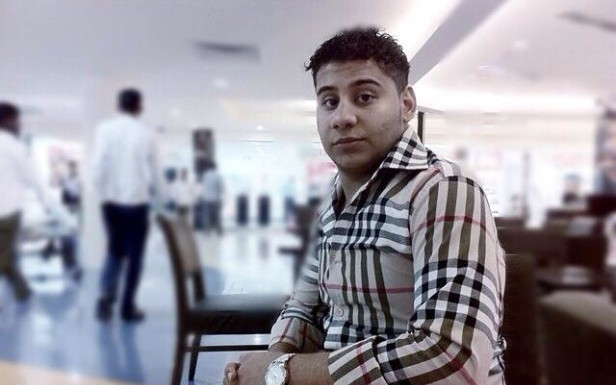Saudi Arabia is one of the few countries in the world that executes and sentences people to death for crimes they allegedly committed as minors. Most recently, of the 47 people executed on 2 January 2016, four were arrested for crimes they reputedly committed as children. In addition, at least three young men face imminent execution for crimes they reportedly committed while underage.
Saudi Arabia acceded to the UN Convention on the Rights of the Child in 1996, which stipulates that individuals may not be sentenced to death for crimes committed under the age of 18. Despite its accession, the Saudi Cabinet failed to pass legislation that explicitly protects children under the age of 18. As a result, Saudi law does not prohibit the execution of minors or those who committed crimes as minors. Saudi courts have sentenced defendants to death for crimes committed when they were as young as 13-years-old.
Ali al-Nimr, Abdullah al-Zaher, and Dawood al-Marhoon are among Saudi Arabia’s most prominent prisoners who imminent execution for crimes the government claims they committed as children. The kingdom has sentenced to death others who it alleges committed crimes as minors. For example, four young men who had reportedly committed crimes while underage were among the 47 executed on 2 January 2016. Authorities arrested them without warrants, tortured three of them, tried them in the country’s secretive Specialized Criminal Court, and sentenced them to death.
One of the 47 executed in January 2016 was Mustafa Abkar, a Chadian national, who had traveled to Saudi Arabia to attend a week-long Quran course. Saudi security forces arrested Mustafa on 12 May 2003 when he was reportedly 16-years-old, although Saudi activists believe he was 13-years-old at the time of his arrest. Authorities arrested Mustafa during a raid targeting a terrorist cell in Mecca in 2003, on the grounds that the Quran program was a “terrorist criminal course.” While in detention, Mustafa did not have access to a lawyer and his only appeared in court was in 2014. When authorities sentenced him to death on 14 October 2014, he had been detained for more than 11 years.
Another minor executed on 2 January was Amin Mohammed Aqla al-Ghamidi. The European-Saudi Organisation for Human Rights (ESOHR) reported that Amin was 14-years-old, although Saudi officials state he was 17-years-old at the time of his arrest. Security forces arrested him in June 2003 as he was walking with a school friend on suspicion of involvement with what authorities claimed was an “imminent terrorist attack” plotted out of a nearby apartment. According to officials, Amin was an “expert in making explosives,” although his father stated that Amin “wouldn’t be able to fathom, let alone undertake, such [a] huge and Islamically-forbidden act alone. It’s clearly the work of older men.”
The third youth executed on 2 January was 17-year-old Mishaal al-Farraj. Security forces arrested him in Riyadh in June 2004 and accused him of terrorism-related crimes. Mishaal had reportedly joined al-Qaeda after security forces arrested his brother, killing his father in the process. While in prison, authorities held Mishaal for years without taking him to court, denied him access to legal representation, and tortured him.
Ali Said al-Ribh was the fourth youth killed in early 2016. Security forces arrested Ali on 12 February 2012 while he was at school. Authorities detained him due to his participation in the 2011 protests when he was 17-years-old. Officials tortured him and sentenced him to death for crimes including “using weapons against security forces during a protest and using his Blackberry to help organize demonstrations.”
While some children have committed serious, violent crimes, “a child should not be convicted of terrorism,” according to Dan Collison, program director at War Child. “A terrorist act is a political act, and a child doesn’t have the capacity to act in that way. Whether a child is recruited by al-Qaeda, or an armed group in Sierra Leone, they are victims of armed conflict.” As a result, sentencing and executing people based on crimes they allegedly committed as minors is “unthinkable,” said Collison. Such actions violate the Convention on the Rights of the Child to which Saudi Arabia is a signatory. The Government of Saudi Arabia should halt the execution of minors and immediately release all minors imprisoned on terrorism and protest charges.
Tyler Pry is the Sheikh Nimr al-Nimr Advocacy Fellow at ADHRB





